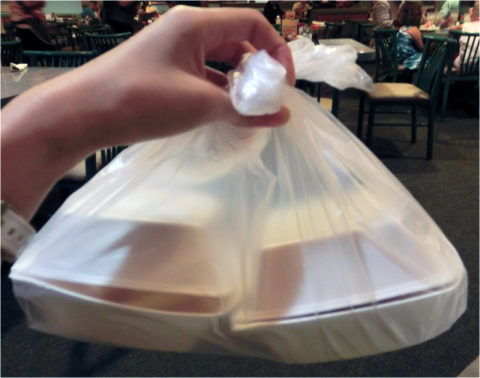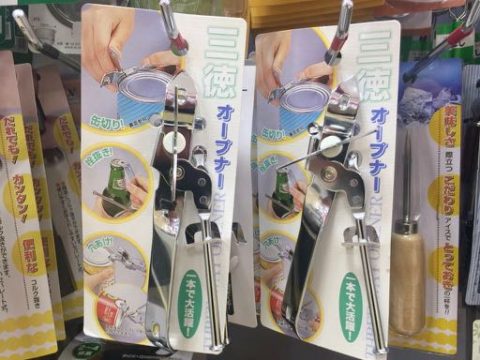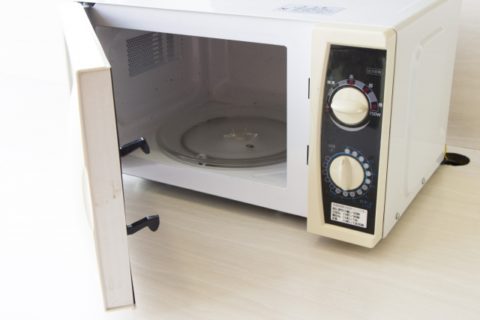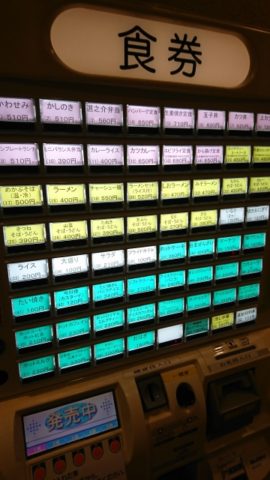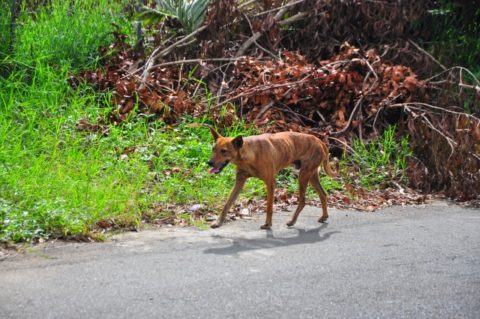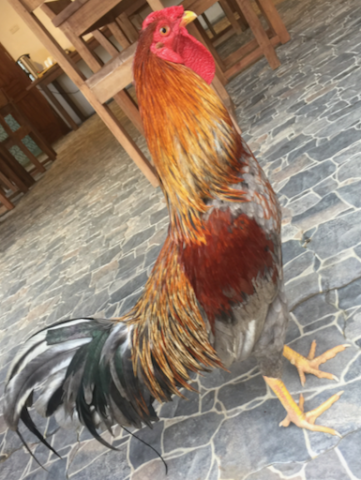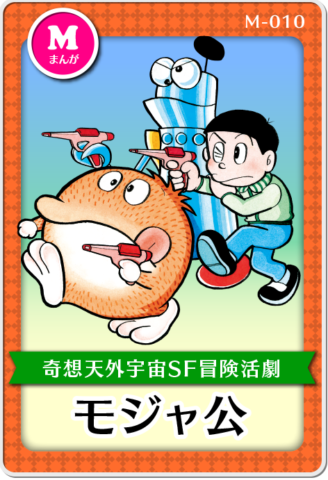In the Philippines, I heard that even usual guards have guns. Really?
In Japan, only police officers and SDF personnel have guns during their duties.

Hunters are allowed to possess and use hunting guns. But obtaining a hunting license has a rigorous review that takes months. And hunters are required to keep strict storage and use conditions.
However, according to one theory, it is said that 50,000 handguns are already smuggled into Japan.
But it is rarely used, because everyone should not have a gun ostensibly. There are rare cases of gunfire incidents due to conflict between gangsters.
By the way, I heard that there is an illegal gun factory in the Philippines. A Japanese journalist Interviewed and reported so. f course not to mention places and stakeholders. In the story the journalist heard, some metal parts of the gun are made in Japan. What a shame.

